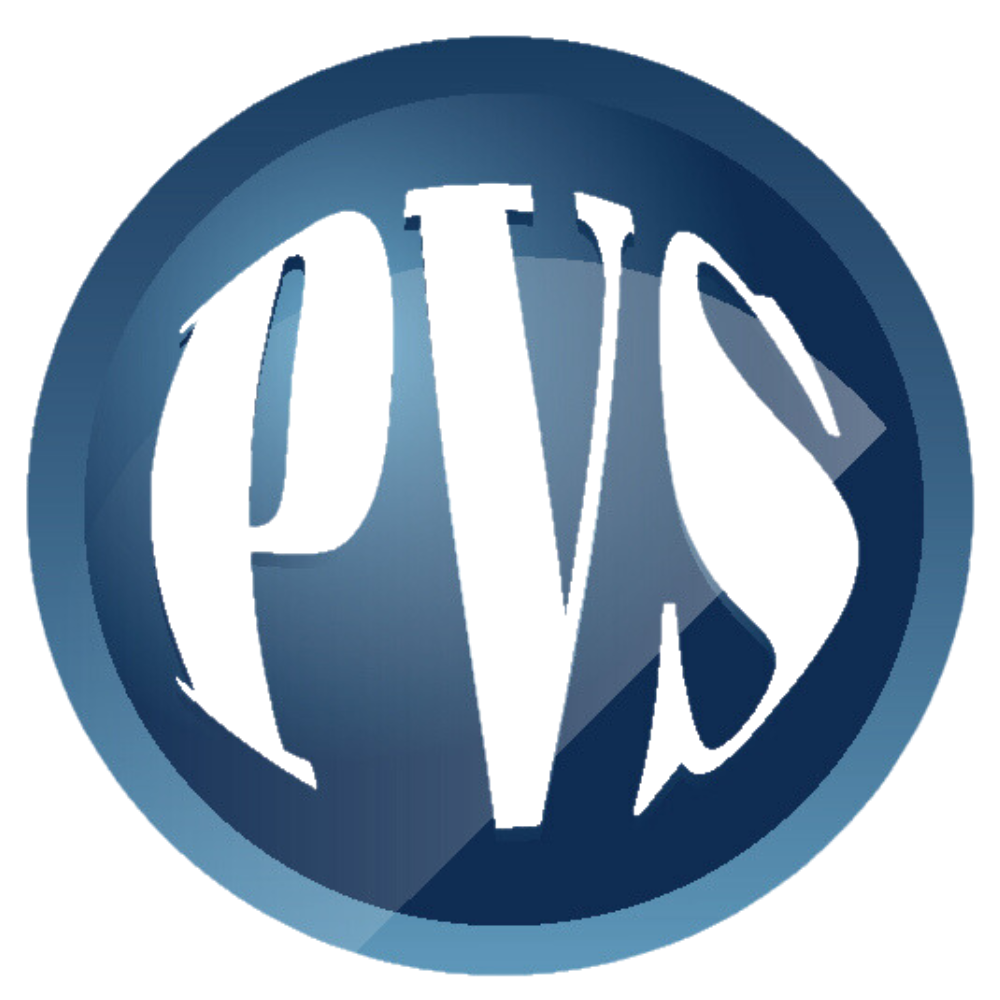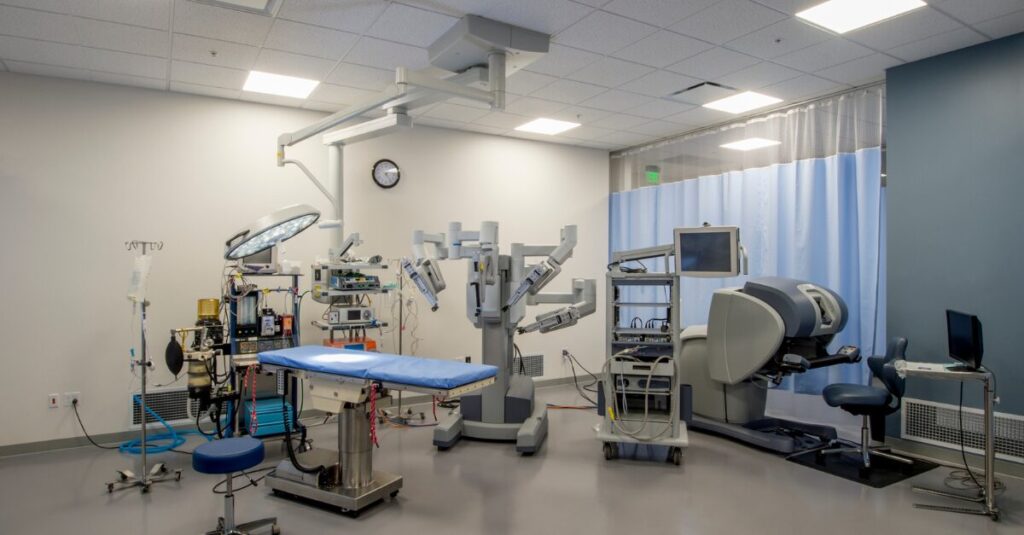Reasons Your Business Personal Property Taxes Could Increase
Business Personal Property Tax
Reasons Your Business Personal Property Taxes Could Increase
- Chip Saam
- January 14, 2025
States that assess property tax on equipment require an annual business personal property return to be filed by a specific date each year.
In most cases, the local assessor’s office reviews the returns filed and performs an analysis to calculate a taxable value for the equipment, including all taxable business personal property — this could include items from aircraft to furniture to machinery and computers.
Some jurisdictions assess the equipment based on how it was filed by the taxpayer without performing any analysis.
This value is most often determined by depreciating the cost of the equipment using either local or state depreciation schedules. As a result, in most cases, newer equipment will yield a higher taxable value initially but will decrease over time as it receives another year’s worth of depreciation until it reaches the residual depreciation factor for the schedule it is being assessed on.
As the assessed value of equipment increases, so does the amount of annual personal property tax. Businesses need to keep good books and records to track all of their equipment, as there can be significant factors in determining business personal property taxes.
Let’s examine the reasons why your business personal property taxes might climb. Understanding these elements can safeguard your business against unforeseen financial strains.
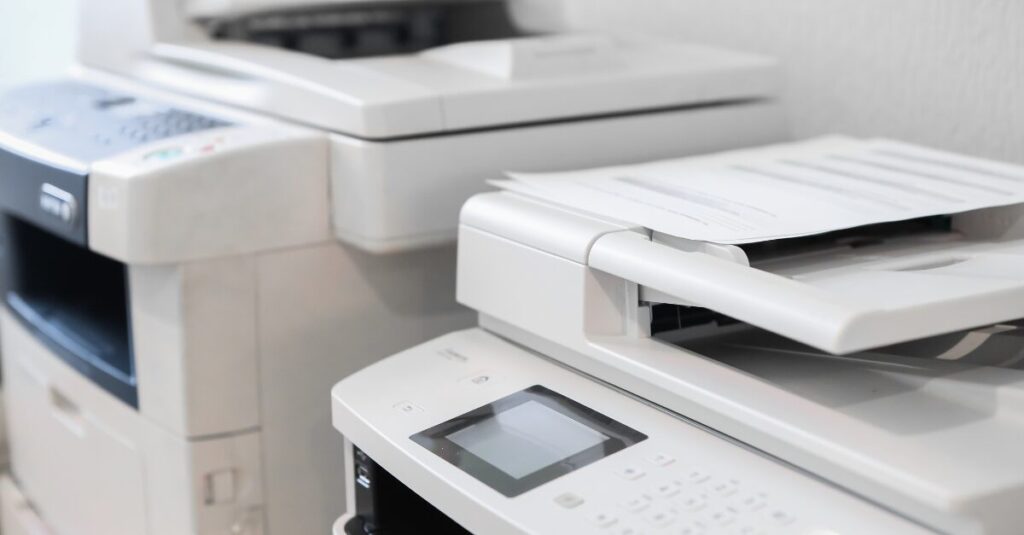
Capital Expenditures During the Prior Tax Period
The most common reason for increased business personal property taxes is related to capital expenditures. Personal property taxes would likely increase if there were a large amount of capital expenditures in the prior year.
Common sense tells us that if a company buys a lot of equipment in a prior year, the cost of equipment on the subsequent year’s business personal property tax return will go up and, therefore, so will the value of equipment.
Also, new construction or renovations of your business may require permits to be filed with local authorities.
Based on these permits, an assessor may add value to a personal property account if they believe all or a portion of the cost of the project is related to personal property and is not reflected on the annual business personal property tax return filed.
Assessors’ offices may also conduct field checks of your business annually to ensure that all companies in their respective jurisdictions are accounted for and are reporting an annual return.
In some cases, they may request to tour the site to review the assets being reported on the return compared to what is physically located on site, and they could potentially adjust the valuation they have on the property tax rolls.
Lastly, equipment-related construction in progress may also be taxable as business personal property in some jurisdictions.
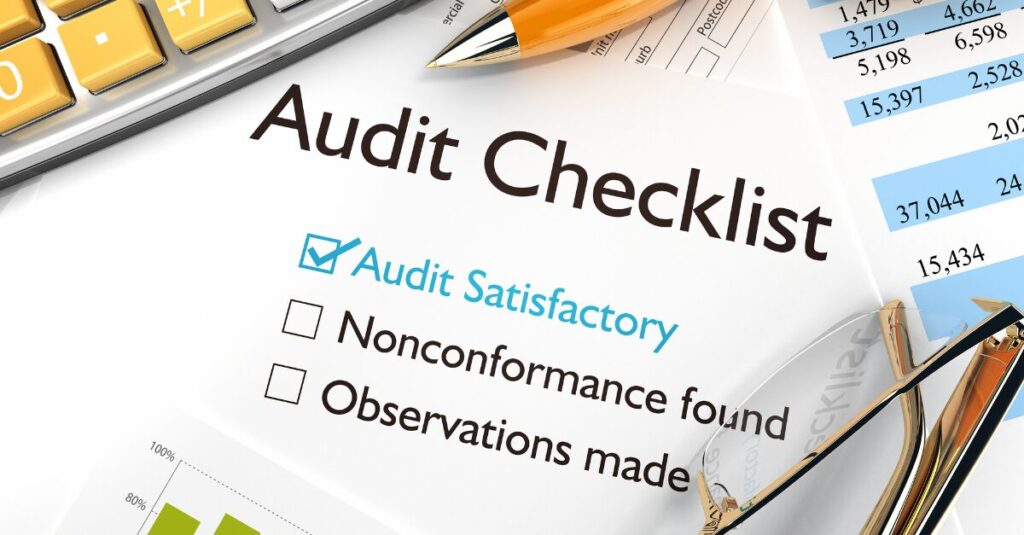
Audit Results
The second reason your business property taxes may increase is if your business is selected for an audit. Audits are significant as they can impact not just the current year but preceding years — depending on the state statutes.
Most jurisdictions send out an annual business personal property return form notifying taxpayers they must file. The forms often state the returns are subject to audit, making filing accurately and on time crucial for business personal property tax management.
Some states have very active audit programs (e.g., California, Georgia, Indiana, North Carolina, and Tennessee, to name a few). Many other states are required by statute to perform “desk audits” annually on a certain percentage of accounts from their tax roll.
Consequences of Audit Findings
If your business is selected to be audited, the audit may discover equipment that has either been omitted or erroneously not reported on your submitted annual business listing.
Additionally, equipment picked up in an audit may be penalized depending on the property tax codes for the local taxing jurisdiction.
Certain types of fixed equipment or leasehold improvements are examples of omitted property that may be added to your assessment.
If the improvements are not accounted for in the real estate assessment for the property, the business personal property assessor may add them to the business personal property assessment.
Commonly Overlooked Items
Other types of omitted property may be expensed assets and items the taxpayer felt were nontaxable.
Assets that are expensed and not capitalized on your books and depreciated may be assessable as taxable personal property.
Some states require this figure to be filed and assessed annually, while others may assess multiple years of expensed assets before allowing them to be removed from the return.
Some taxpayers may feel that certain assets are intangible and, therefore not taxable as personal property.
Things like software, freight and installation charges, etc. There are several states that assess and tax these types of assets as personal property.
Inventory and/or Supplies Calculations
Some states assess inventory and/or supplies as business personal property.
Inventory is typically assessed based on the balance on hand as of the lien date while supplies are often valued as a one-month average.
In both cases, the balances are assessed at 100% of their cost. The calculation used to report a supplies balance is a common issue in an audit.
In some states that tax supplies, there is not a consistent formula used across jurisdictions within the state which can lead to confusion for a taxpayer.
Impact of Depreciation Discrepancies
Another reason your taxes can increase in an audit is the reclassification of assets by the auditor. This occurs when the auditor moves assets to a longer-lived, slower depreciating table.
For example, a taxpayer may file certain equipment on a 5-year depreciation table that is moved to a 12-year depreciation table by an auditor.
The slower depreciation rate will cause the value to remain higher over a longer period of time.
Penalties and Interest
Any discovery or increase in value from an audit could be subject to penalty and/or interest.
In some cases, these charges can be extremely punitive.
For example, in North Carolina, audits typically cover the current year plus the prior three years. In this case, penalties can be steep. In the first year, there is a 10% penalty on the additional taxes from the increase in assessment per the audit.
The penalty increases an additional 10% each subsequent year included in the audit, assuming the equipment was owned as of the lien date for that tax year.
That means if the audit covers four years and there is a discovery or increase in the assessment affecting all four years being audited, you would be paying a 40% penalty on the increase in taxes from the audit for the oldest tax year being audited.
Given the complexities of property tax audits, it’s prudent to seek professional assistance from Property Valuation Services (PVS) to ensure accuracy and compliance.
A tax professional can help navigate the audit process, avoid penalties and safeguard your financial interests. Be audit-ready and avoid the consequences.
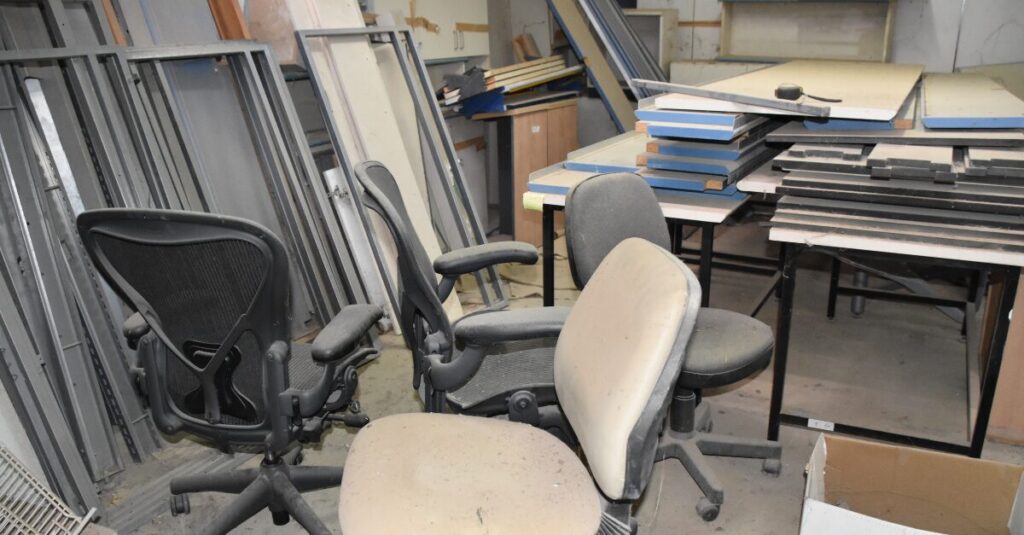
Leased Equipment
Another reason for an increase in business property tax is leased equipment.
Capital leases differ from operating leases in that operating leases are typically the responsibility of the lessor to report for business property tax purposes and seek reimbursement for the taxes from the lessee.
However, capital leases can be either the lessor’s or the lessee’s responsibility to report to the local taxing jurisdiction where the equipment is located, depending on the structure of the lease agreement.

Challenges with Lease Agreements
Sometimes, the lease agreement does not clearly state who is responsible for reporting the equipment.
Equipment can potentially be double-reported by both the lessor and the lessee.
In these cases, businesses need to understand the implications and properly report, or not report the leased equipment to avoid potential issues with duplicate taxation.
At times, this can be extremely challenging to correct as the cost and description of the equipment can differ between the lease contract and how the equipment is ultimately booked to the lessee’s fixed assets.
Additionally, we’ve seen instances where operating leases end and the lessor files a final return for the equipment stating that the lessee retained the equipment when the lease ended.
The assessor then adds value for the leased equipment to the lessee’s personal property assessment. However, it was later discovered that the equipment was returned to the lessor when the lease ended.
Lastly, state statutes differ as to who is responsible for reporting leased equipment, regardless of the verbiage in the lease agreement.

Depreciation Tables
The depreciation tables used by your local jurisdiction for business personal property purposes could also increase your property taxes.
What is Depreciation?
Depreciation can be simply defined as an asset’s loss in value caused by physical deterioration, functional obsolescence, or external obsolescence. It’s important to note that accounting depreciation, income tax depreciation, and property tax depreciation are most often different from each other.
Local Taxing Jurisdictions and Depreciation Adjustments
The depreciation tables used by assessing jurisdictions across the country vary widely in length and speed of depreciation.
For example, most assessors will value technology-heavy equipment and computer equipment on a 3-year or 5-year table while valuing furniture and fixtures on a 10-year or 12-year table.
Some assessors within a state may all use the same set of depreciation tables while in other states, each local jurisdiction may have its own unique set of tables.
In Indiana, the percent good factor for the most commonly used table increases from the first year to the second year on new equipment purchases, so the taxable value of the equipment increases in the second year it’s owned before beginning to decline.
It’s interesting to note that the third-year factor is also still higher than the first-year factor.
For personal property tax purposes in most taxing jurisdictions and most depreciation schedules, the taxable value of the equipment does not depreciate down to zero.
The remaining depreciation percentage at the bottom of each depreciation table is called a residual factor.
As long as the business owns an asset, it will be valued at the residual factor until the equipment is no longer at the facility.
How low the factor goes depends on the useful life of the asset, but an increase in any of these factors can lead to significant business personal property tax increases if your business has a lot of older equipment.
We have seen some local taxing jurisdictions increase the residual depreciation factors for the schedules they use to value the equipment and thereby materially increase the assessed value of the equipment.
Abatement or Exemption Expiration
You might see an increase in your property tax liability from the prior year if an exemption or abatement agreement related to property taxes expires.
Some jurisdictions will grant businesses a full or partial abatement of property taxes for a certain number of years to promote the development of an area.
For example, in Nevada, there is a 10-year and a 20-year partial property tax abatement for data centers if they meet specific state requirements, including investing a certain amount of capital assets in the county where the data center resides and requiring a certain percentage of employees engaged in the construction of the data center be residents of Nevada.
In some instances, a business may be able to negotiate favorable property tax treatment for a period, which is typically also tied to an agreed-to capital investment during the period of the preferential tax treatment.
When these exemptions end or begin to be phased out, it can lead to a substantial increase in property tax liability that must be considered for budgeting purposes.
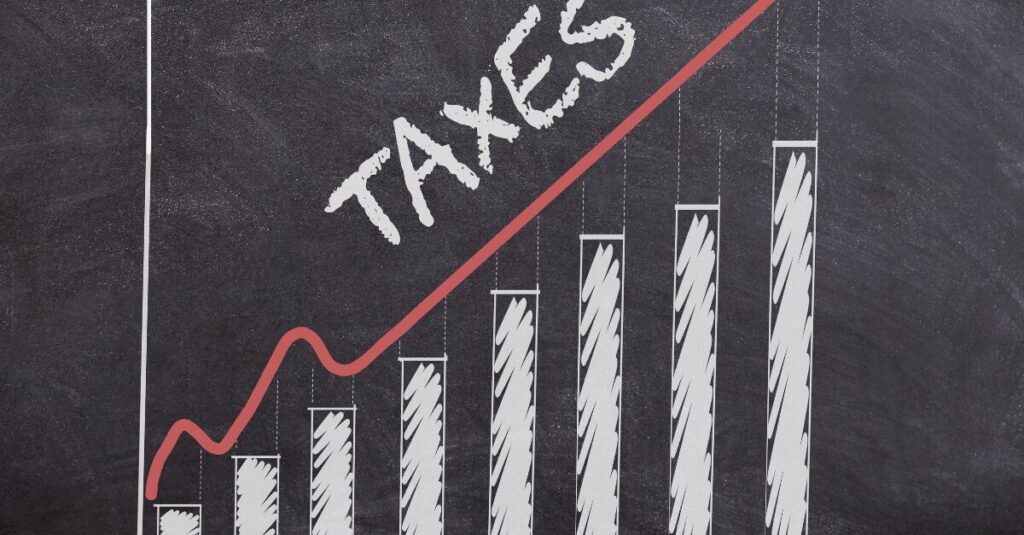
Tax Rate Increase
One unforeseen reason property taxes can increase is due to property tax rate increases adopted by local jurisdictions.
Most of the property tax revenue collected by local jurisdictions goes towards various government departments and projects within their jurisdiction (like upgrades to existing roads or schools within the jurisdiction).
Therefore, local taxing jurisdictions may increase property tax rates to fund these projects.
Some jurisdictions list the budgeted property tax rate on the assessment notice if certain propositions are approved locally.
Sometimes, these property tax rate increases can be substantial. In 2020, the property tax rate in Nashville, Tennessee increased 33% from the prior year.
Assessor Errors
Lastly, property taxes could increase due to an error in calculating the business personal property tax return.
Assessors in bigger taxing jurisdictions process a large number of personal property tax returns, sometimes in a short period of time, and mistakes can be made.
We’ve seen instances where an assessor’s office does not remove a deletion if it’s a larger piece of equipment that seems integral to business operations and nothing appears to have replaced the equipment.
Or they may ask for a disposal date before removing the equipment. Other times, the deletions can just get overlooked by the assessor, and in these cases, taxpayers have the right to file an amended return and request a refund for any overpaid property taxes.
Additionally, there can be clerical errors. If the assessor accidentally enters another digit when entering the costs reported by the taxpayer, it could significantly increase the property tax burden for that year.
If these types of errors are found before the deadline to appeal the account, they typically can be corrected informally after discussions with the assessor if any additional documentation requested is provided.
However, if you miss the appeal deadline date, you may be unable to appeal and correct these errors, resulting in a higher property tax bill.
Let Property Valuation Services (PVS) Assist with Personal Property Tax Renditions
Personal property taxes can be daunting. According to the Tax Foundation, “Complying with personal property taxes is onerous, as it requires documenting all assets—all the way down to cleaning supplies for the office kitchen—along with their acquisition price, acquisition date and depreciation.”
Given these challenges — not to mention the ever-changing landscape of property taxes — it’s wise to consider professional help.
PVS’ business property tax professionals can simplify the process of preparing personal property tax renditions and aid in budgeting expected taxes.
Contact us today to ensure that your business plans effectively and meets tax obligations without delays.

Chip Saam
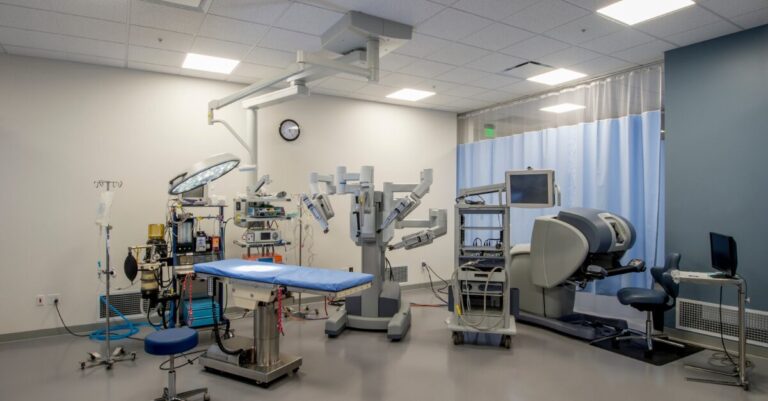
As the assessed value of equipment increases, so does the amount of annual personal property tax. Businesses need to keep good books and records to track all of their equipment, as there can be significant factors in determining business personal property taxes.
Recent Posts

Commercial Real Estate Property Tax Protest Success Stories

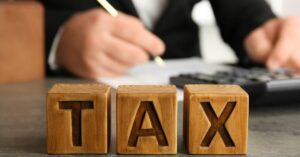
Reasons Your Business Personal Property Taxes Could Increase Read More »
